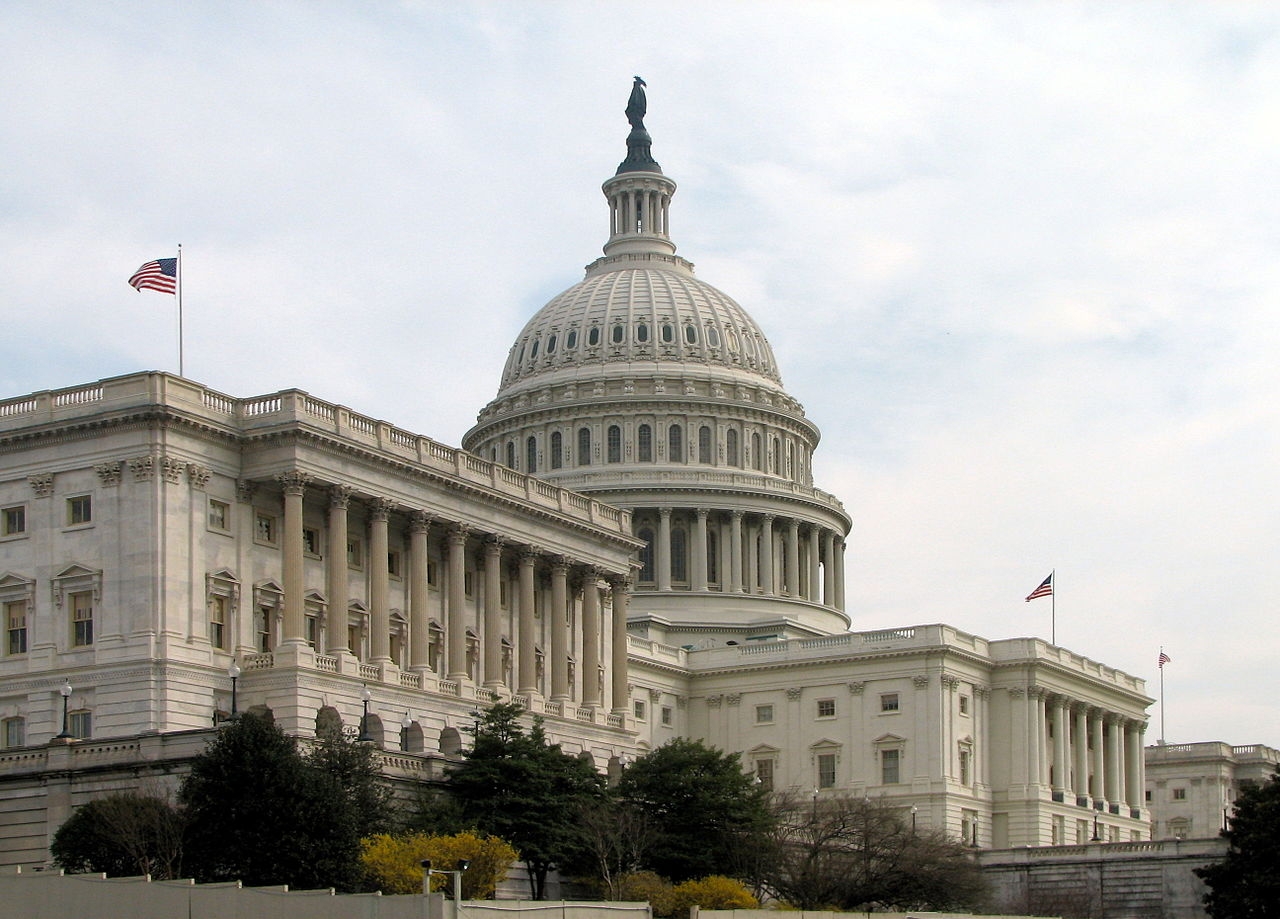May 13, 2016 Updated 5/13/2016
Email Print

Washington — The U.S. Senate approved a bill May 12 that would overhaul the process for businesses requesting tariff suspensions and reductions, sending the measure to the White House to be signed into law after two years of gridlock.
The miscellaneous tariff bill (MTB) establishes a new process for manufacturers to avoid having to pay tariffs on imported raw materials and intermediate products for which there are no suitable U.S.-based suppliers.
The last version expired in 2012 and the subsequent vacuum has resulted in a more than $ 1.8 billion in economic loss and a $ 748 million tax hike on the U.S. manufacturing sector, according to the Washington-based Society of the Plastics Industry Inc. trade association, which supported the bill.
“It is already 20 percent more expensive to manufacture in the United States than in the markets of our trading partners. Many countries have either done away with these kinds of tariffs or have MTB-type processes already in place,” the group said in a news release. The new law is expected cut costs to U.S. manufacturers, “enabling them to retain and grow critical manufacturing jobs here, while significantly improving our competitive position abroad,” according to SPI.
The new three-step process for companies seeking tariff relief will start with local businesses petitioning the International Trade Commission (ITC), making their case for the need for a tax break on a specific import.
ITC will do independent research and analysis as well as solicit comments from the public and the Administration and issue a report to Congress with its recommendations for materials and products that meet MTB standards. ITC is charged with confirming that no U.S. company makes these products or materials and with justifying the tax break for U.S. manufacturers.
Finally, Congress will consider the ITC report, and the House Ways and Means Committee will create a package of legislation providing tax breaks for U.S. manufacturers, provided ITC found in favor of the tax reduction or elimination.




























